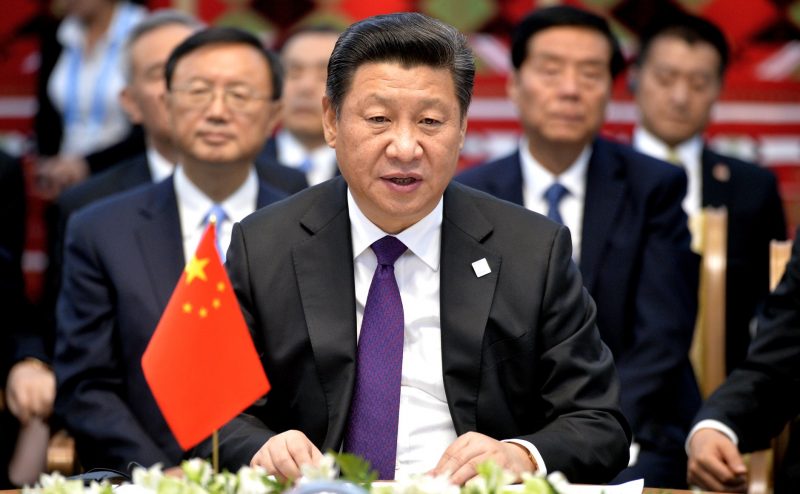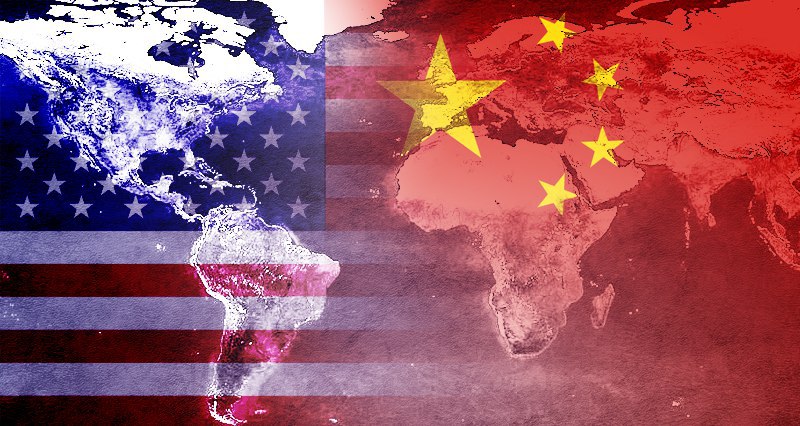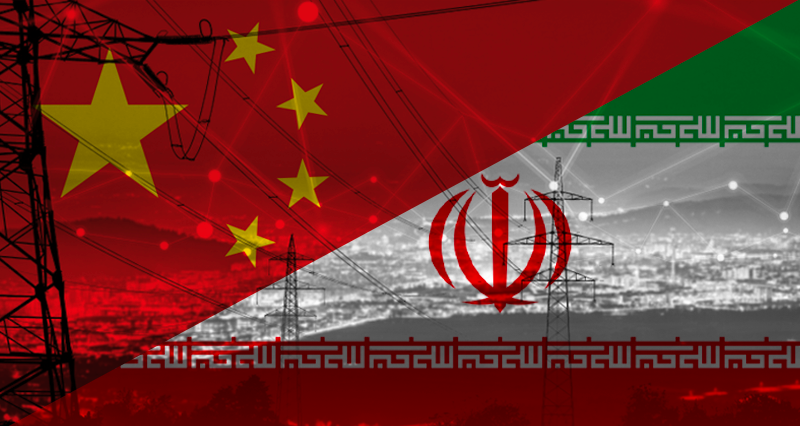A globally influential topic, the Coronavirus outbreak has become a matter of existence for states in the international arena and in terms of responsibilities of its citizens.
There are reports from around the world, particularly in Europe, about collapsed healthcare systems, people fighting over, and soldiers patrolling the streets to maintain the order.
While the outbreak has wiped off the makeup of “democracy”, which has existed since the industrial revolution under a global economic system and with Atlantic civilization in its center, it has also highlighted the achievements and their assistance to other countries of the Socialist countries such as China and Cuba.
AN ERA COMES TO A CLOSE
Many important and historical announcements have been made during this process, but it was the announcements of the mayor of New York City, the heart of the financial-capital, Bill de Blasio that best describes the political and economic collapse: “This is the biggest crisis we have faced since the 1929 Great Depression. I am afraid that April will be worse than March and so will May and April. In 10 days, our medical equipment will be depleted. We need the US military to take action in this matter.”
In his remarks, the governor declared that the global financial bubble inflated by Wall Street has exploded, and the epidemic has knocked down the world’s largest superpower to the ground. The era of Washington is ending before our eyes.
Foreign Policy Magazine published a remarkable article in which 12 different thinkers gathered their views on a post-epidemic world, entitled “How will the world look like after the Coronavirus pandemic?”

Southcom
Almost all of the thinkers agree that:
1. Nationalism will rise,
2. the transition from an American-based globalization to a Chinese-based globalization will accelerate,
3. America will stand no chance of controlling the world alone,
4. the number of the failed states will increase.
It is important that America’s recession is even accepted by theorists of imperialism itself.
Meanwhile, there are signals of the return to the social welfare state, particularly from French President Macron and his German counterpart Angela Merkel, long-time advocates of neo-liberal politics in Europe.
How sincere they were with these messages is a matter to be discussed. In fact, both of the leaders have reached their current positions with the support of both the international and national finance groups, and will maintain their positions as long as they serve for the interests of the forces behind them.
In Italy and Spain, the rimlands of the Atlantic civilization, state institutions have been dissolved and the people more or less abandoned. While doctors have to choose which patients to keep alive, the massive number of dead can only be buried with the help of the military.
In the deep crisis of the post-pandemic period, it would be naive to expect everything to go back the way it was.
History says that alternatives often arise during major crises. There has been a rise in far-right and left/socialist/publicist movements sparking from the most severely affected rimlands proposing a new future for Europe.
THE OTHER HALF OF THE WORLD
While in the Atlantic, the situation resembles the Interwar period, socialist practices and the rise of China are at the forefront in the other half of the world.
China, the country where the Coronavirus was first diagnosed, has now managed to bring normal life back to Wuhan, the ground zero of the outbreak, while the number of locally transmitted new cases across the country has dropped to zero.
Chinese medical delegations are being sent to the different parts of the world, especially Italy and Iran, and are being greeted with excitement wherever they go. Chinese diplomacy is enjoying its strongest period in its history.
Those who accused China of the spread of the virus have now begun praising the country, and particularly in Europe where the prejudice on the Chinese has been mostly eliminated.

Wikimedia commons
Cuba is successfully following Fidel Castro’s slogan of “Our country does not drop bombs on the other countries (…) We train doctors to help other countries instead.” It is sending medical delegations all over the world, teaching countries the benefits of socialism in a practical way.
While the states that pursued neoliberal politics during the Coronavirus pandemic cannot meet the most basic needs of their citizens; basic rights such as free healthcare, education, access to electricity, water and basic foodstuffs are back on the agenda of the rest of humanity.
A socialist alternative has become a viable and population option for the first time since the 1989 fall of the Berlin Wall.
It is likely that Imperialist powers will try to balance this rise with their own economic, social, cultural and political actions.
MEASURES OF APPEASEMENT IN TURKEY
In Turkey, the government has been pursuing a policy that is focused on protecting the economy since the beginning of the pandemic. As summarized by the statements of the Health Minister Koca, “Everyone should declare their own states of emergency”– in other words, the government has left the initiative to its citizens in the fight against the pandemic.
While trying to balance the social reactions with inconclusive restrictions imposed for the people older than 65, a curfew was still not declared in order not to disturb the economy.
The economic package announced by President Erdogan against the epidemic provides limited benefits and only to the financial groups rather than the citizens who have been affected by the virus.
The question of how to respond to the deepening economic crisis, what kind of measures will be implemented in case the pandemic, is growing sharper by the day.
In emergency situations, emergency decisions are required. The pandemic does not allow the protection of both economic stability and the public health at the same time.
In this context, China successfully took radical measures that put human life above the economy. The Atlantic states however, are now paying the price for putting public life in danger in order to sustain the economy.
The continuation of the appeasement politics is no longer viable.
The pandemic has revealed the fact that there are two models put before humanity: the neo-liberal politics that privileges the economy above all, and the people-first socialist approach.
In Turkey, the government still insists on the first model.
The old neoliberal order does not have time on its side: the world is changing as people witness the possibility of another system, and a new way of life.

















Leave a Reply